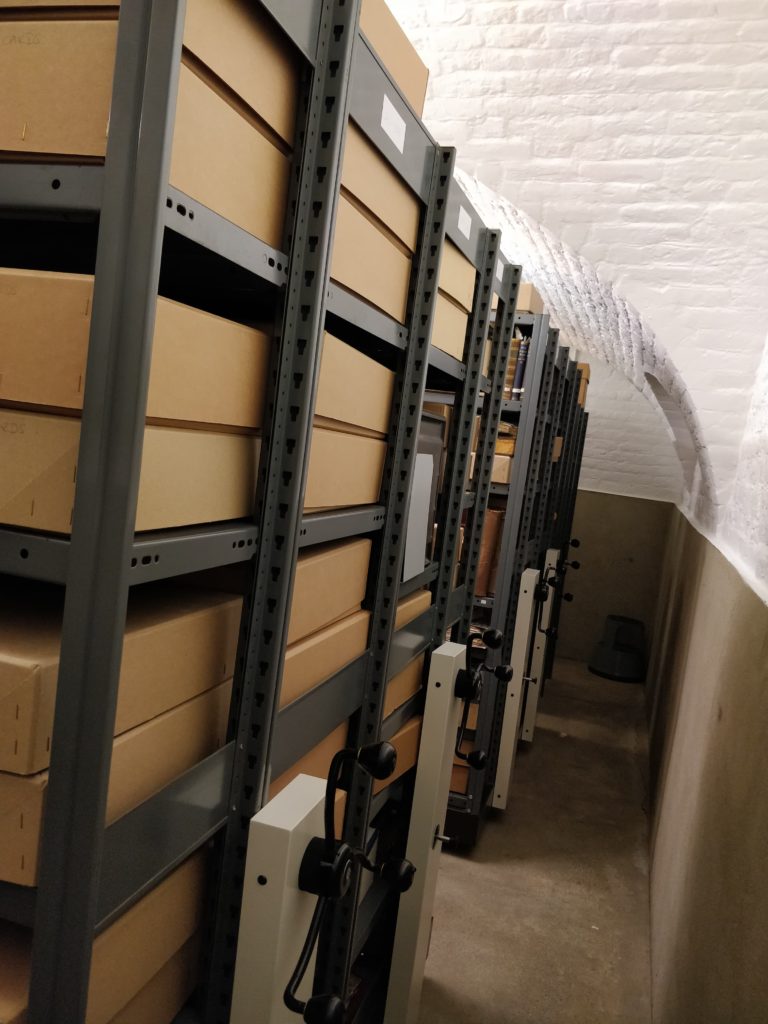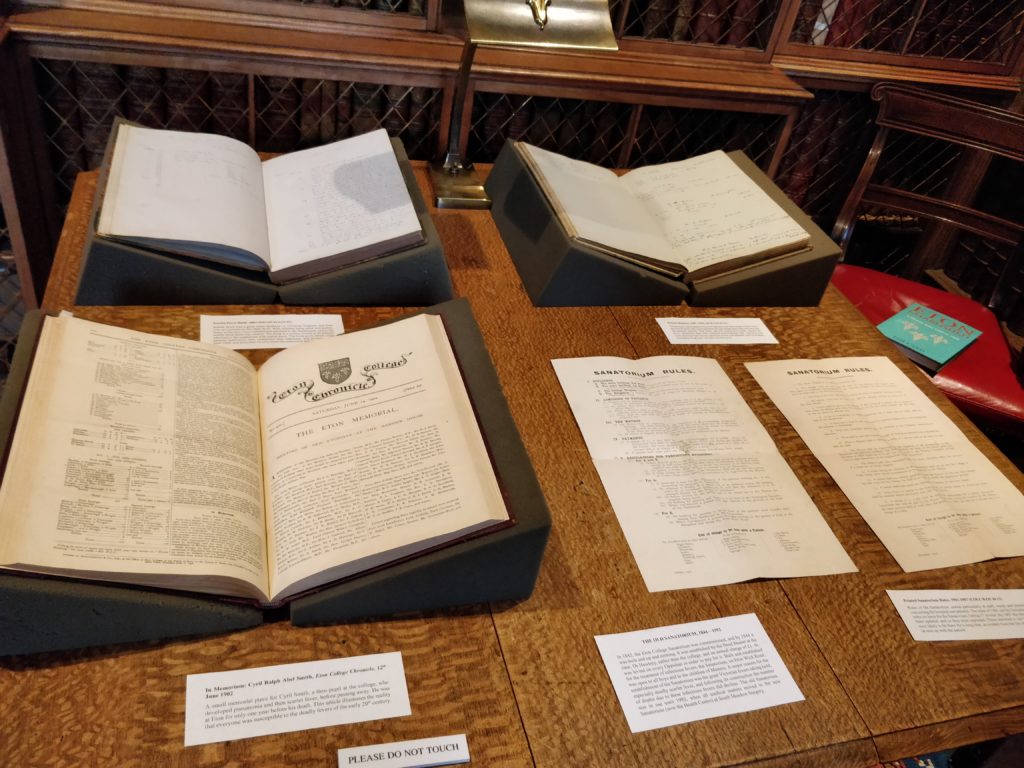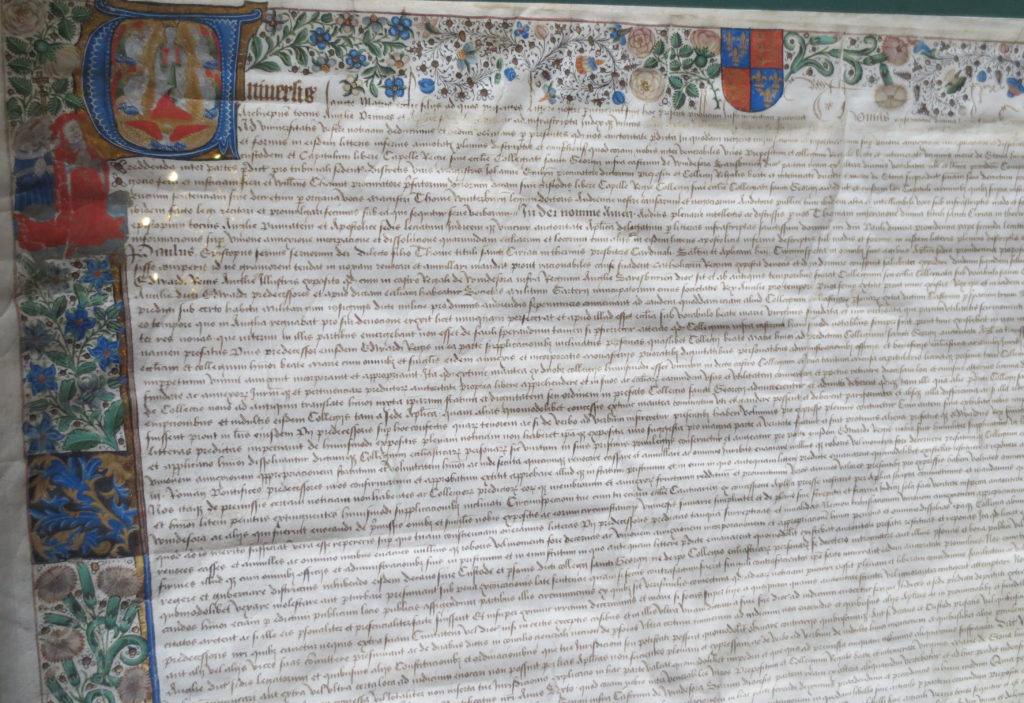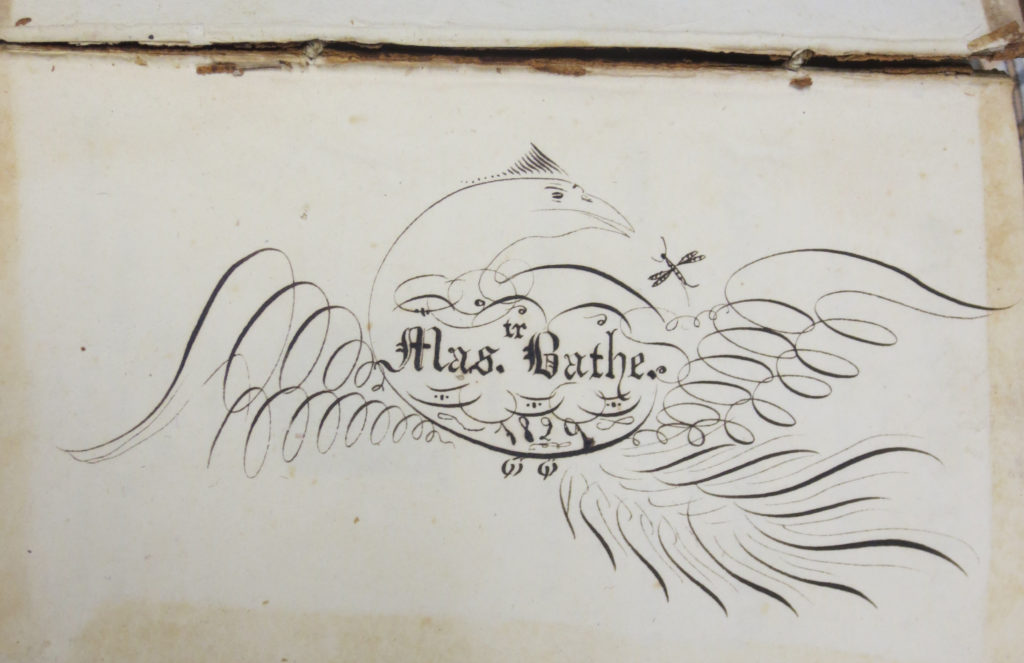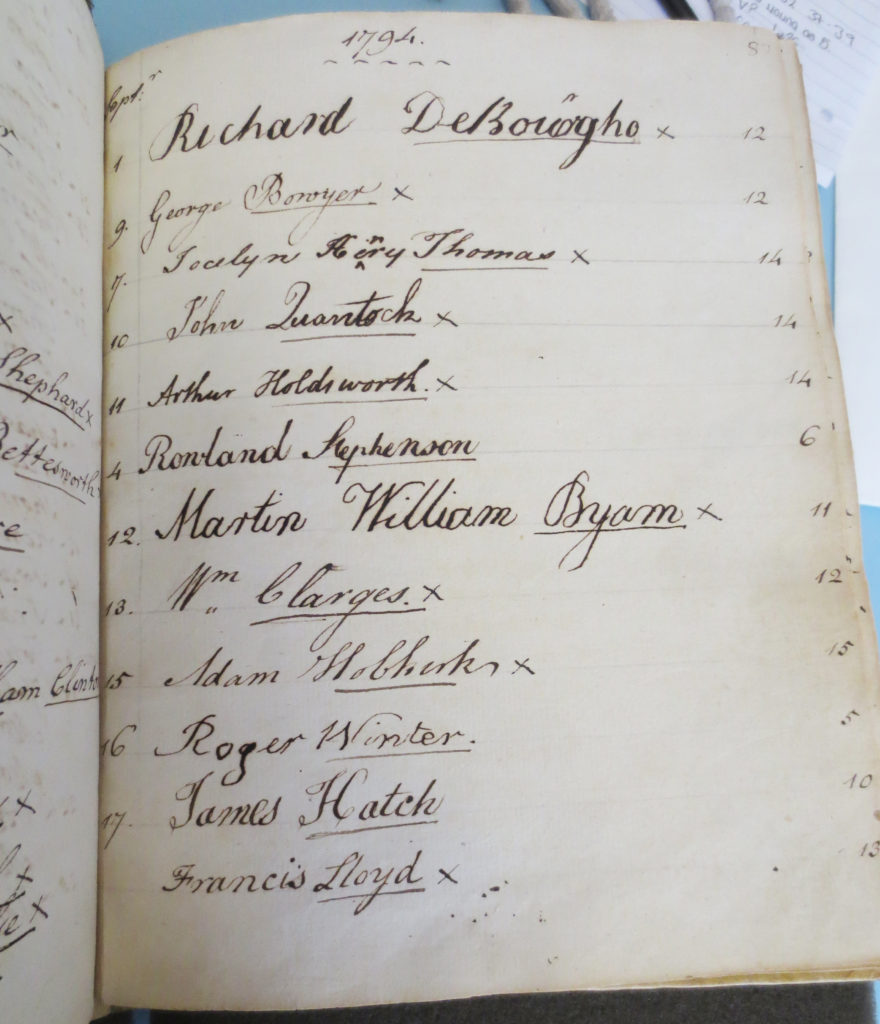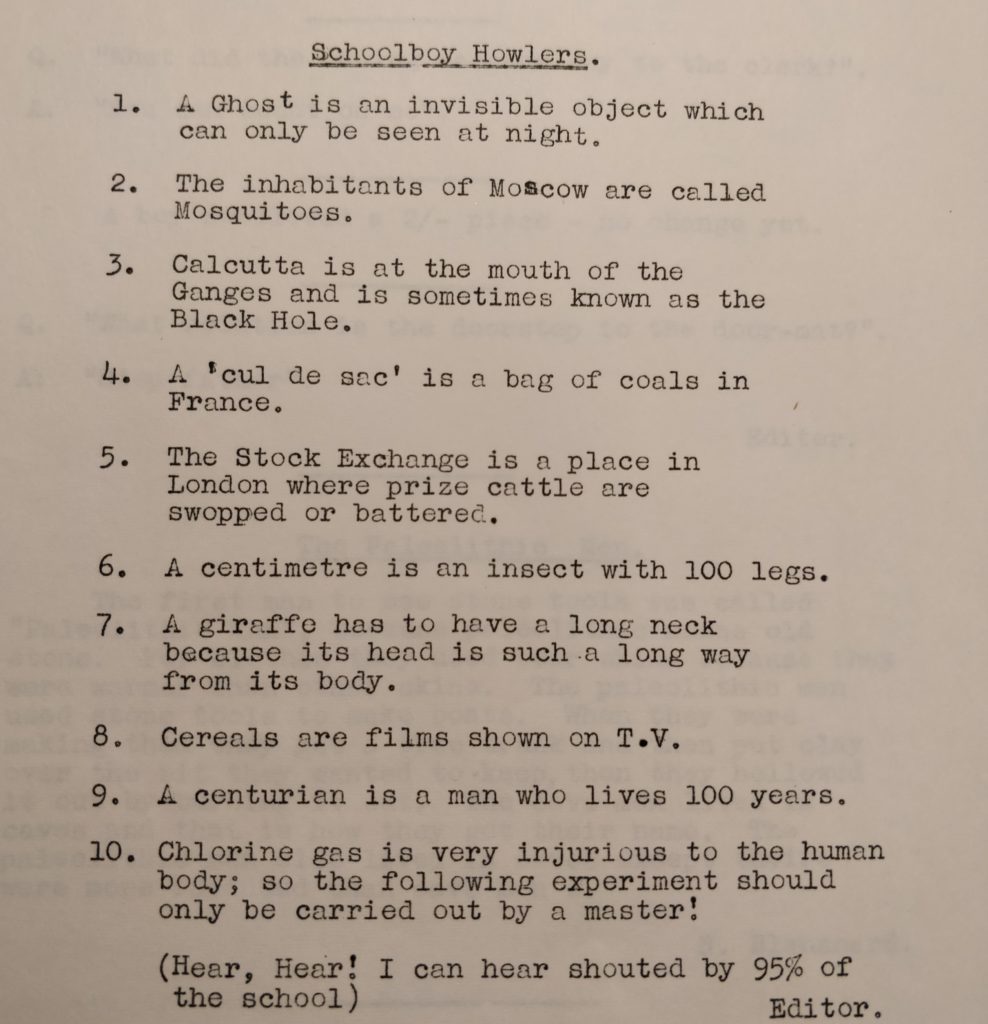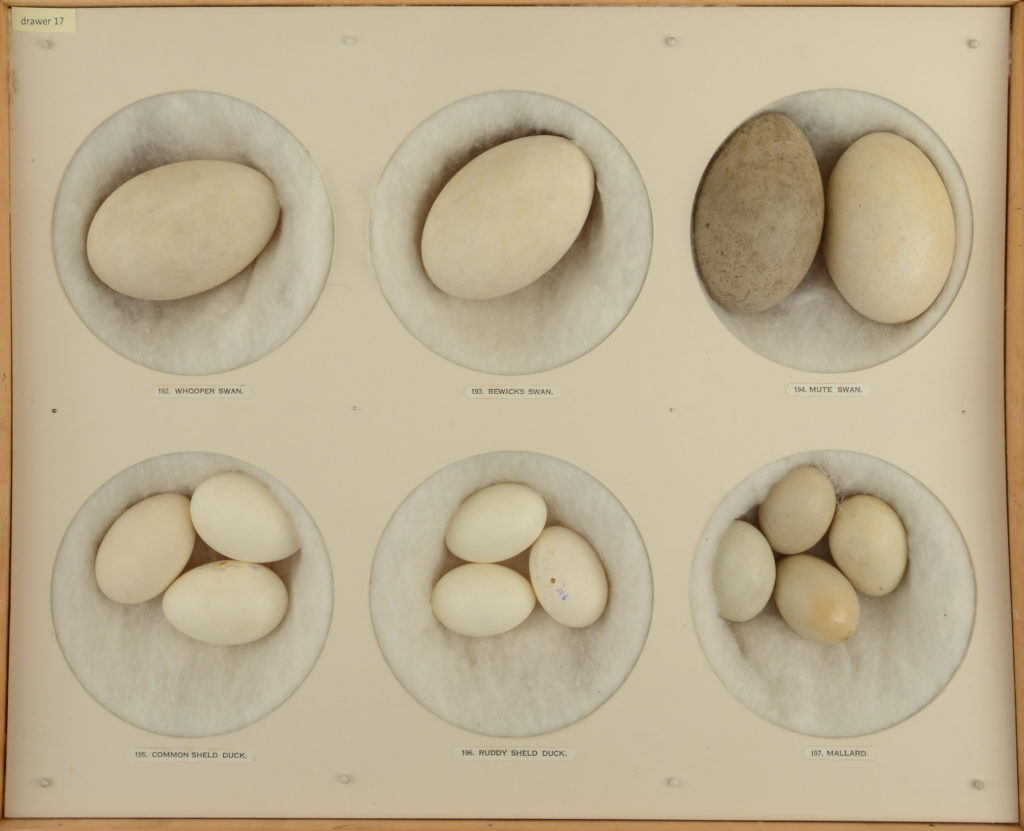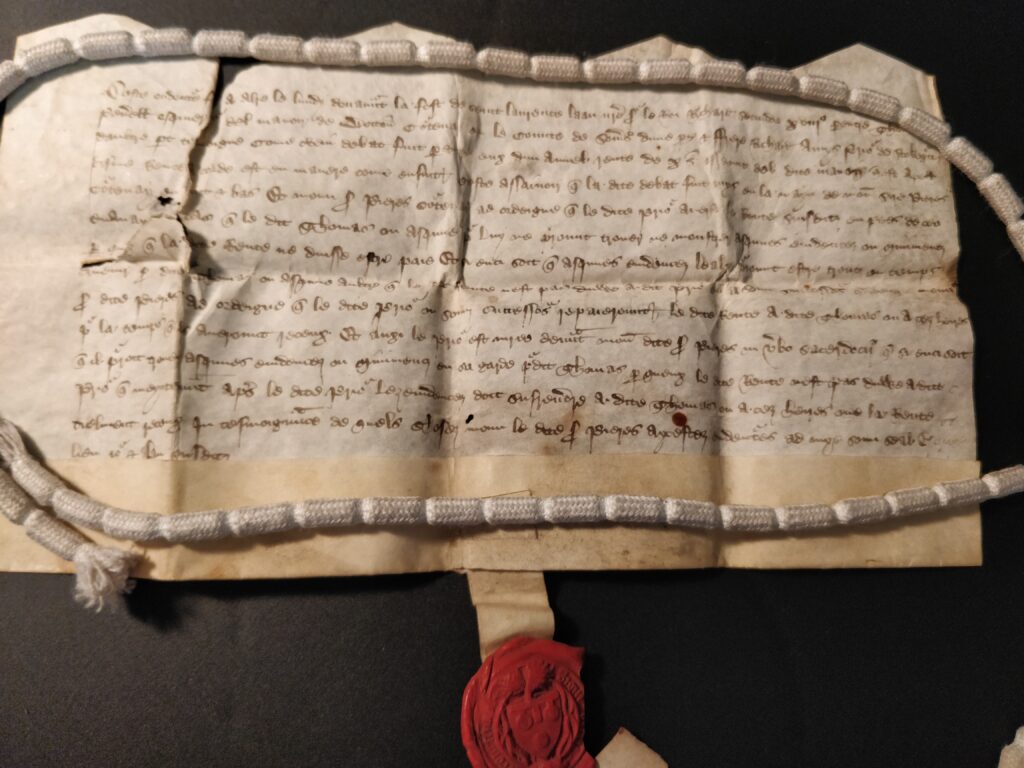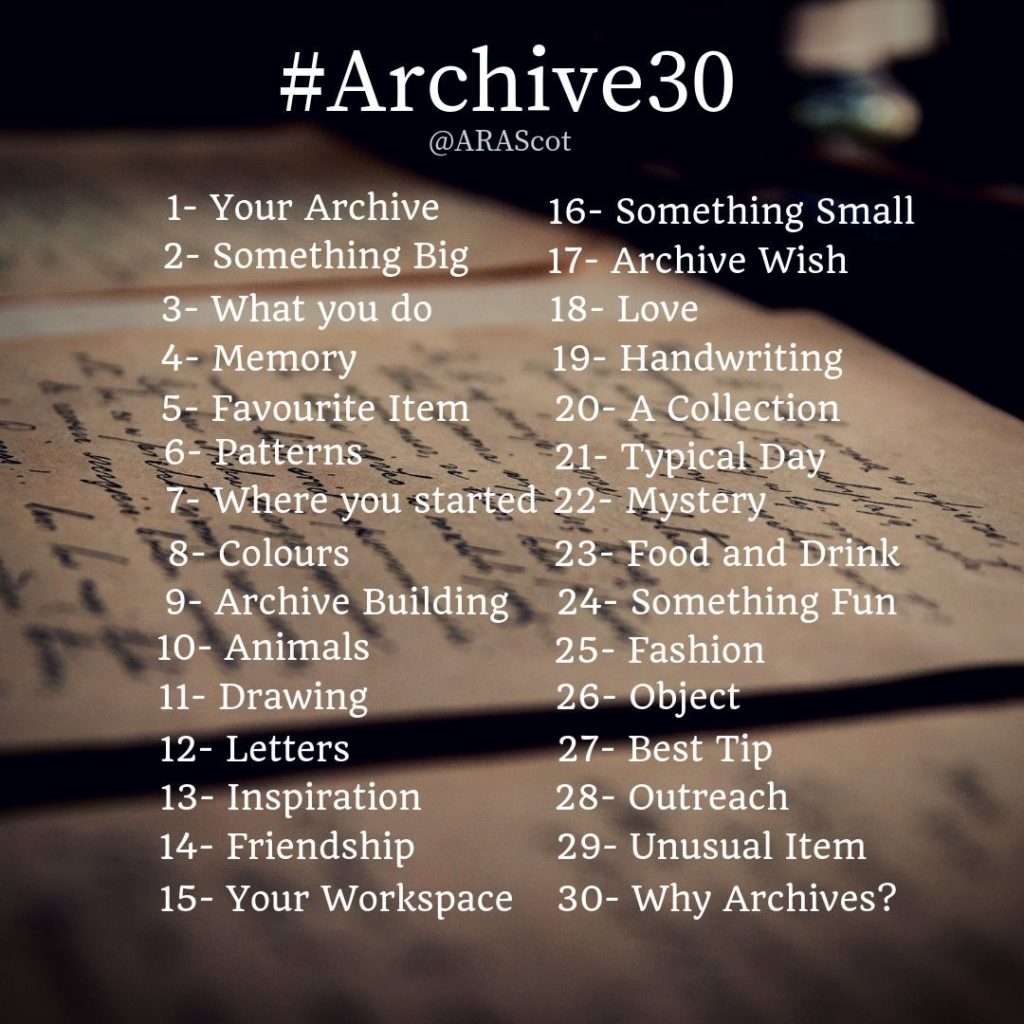
But back to the question, why archives? For this, perhaps a better question would be why not archives? Well, to put it simply, without archives, I would not be writing this post. I wouldn’t have a job, there would be no archives assistant here! There would be no #Archive30 Twitter event, as there would be no material to show off. We wouldn’t be able to show you the signature of Queen Elizabeth I, or the entrance books, or anything for that matter!
Without archives, we wouldn’t know that items were given to the barber in the 16th century, to wipe over the imagery upon the walls of the church, with the intent of removal. But after 300 years they were able to be restored and are now the most considerable work of art in the College. We wouldn’t know the names of boys who attended the school from the date of its foundation (We can partially understand this, as no record survives of the Oppidans who attended before 1792, we only have the names of the Kings Scholars. But without the archives, we wouldn’t even have these).
Heck, without the archives, we wouldn’t know that F. C. Lacaita was able to drink a yard of ale in 19 seconds!
It’s clear to see, that without archives, important pieces of history would be lost, stories and tales would be unheard and memories would be forgotten.
So, why archives?
Archives allow people to feel connected to the past. To understand how people acted, what they ate, what they learned, how they dressed. Through diaries we can see the personal life’s of people who lived hundreds of years ago, what went on during their day, who their friends were, where they spent their youth. Through Housemaster’s papers, we can see what money was spent on, what activities boys took part in. Society books allow us to see what went on in meetings. Sports books show us who trained when and who won what. All these items allow us to see a piece of history which would otherwise be lost.
Whilst we use archives now to look at the past, the material of today shall be used in the future, to see what our lives were like in 2019, to give an insight to how times have changed, the same way we use the archives to compare the modern day to a period which can stretch from years to centuries ago.
Why archives? Because archives allow history and the past to live, and without the past, there is no future.
Eliza Kettle
Archives Assistant
Why Archives? Responses from around the Collections
You can’t respect the past unless you know about it, and if you don’t respect the past you won’t understand the present.
Roddy Fisher, Archivist, Photographic Archive
Archives are the threads that stitch everything together.
Bryan, Foundation & Collections
Archives make memory, and memory makes identity. Archives define who we were and who we are.
Lucy Gwynn, Deputy Librarian & Deputy Director of Collections
They provide endlessly fascinating glimpses into the past! They make history tangible, and give access and evidence of the everyday life of people – not just kings and queens (although seeing the signature of famous monarchs always gives a thrill!).
Rebecca, Museums Officer
We’d love to hear your thoughts and responses to Why Archives? in the comments box below!


